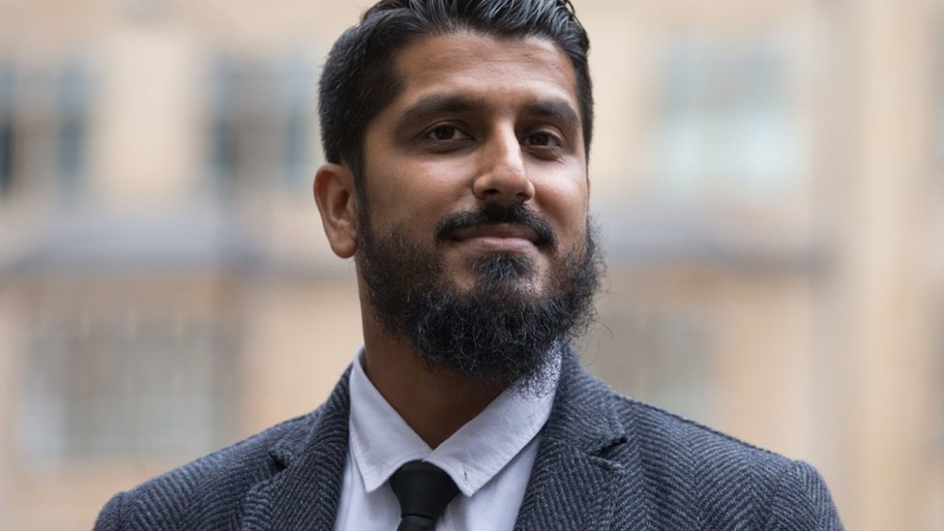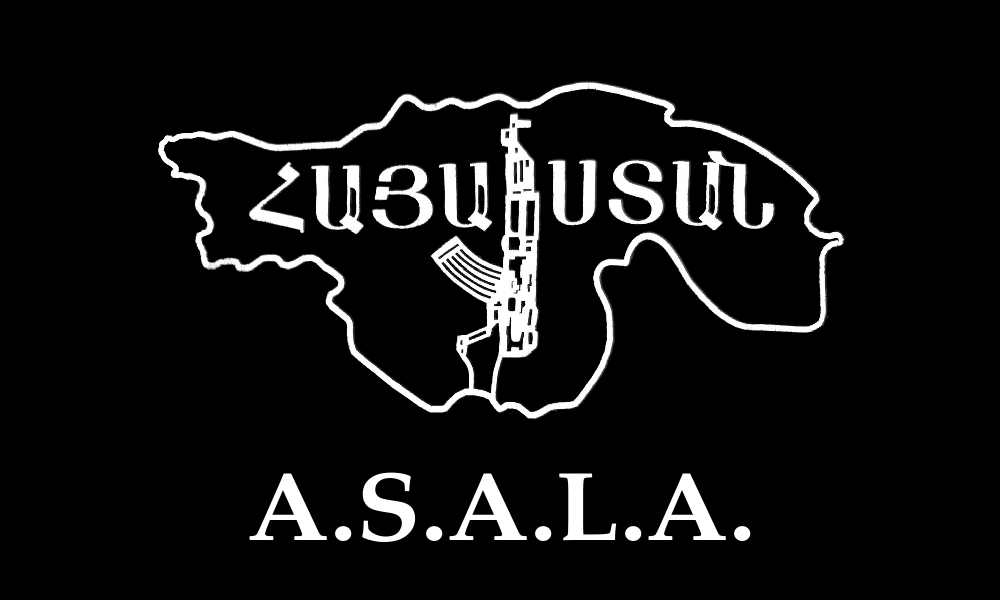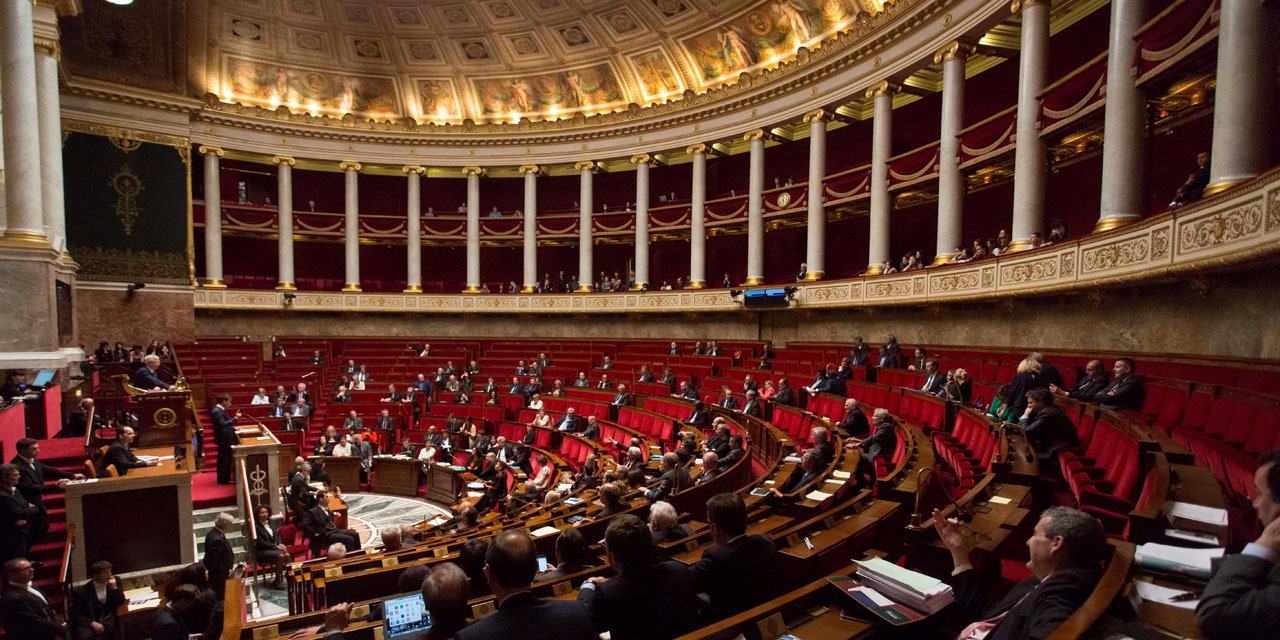
This is the English translation of a Turkish language article that was originally published by AVİM on 1 August 2023. The article was translated by AVİM Scholar in Residence İrem Akın.
Mohammed Rabbani, the Executive Director of CAGE, an independent non-governmental organization based in London, was banned from entering France on 11 July.[1] CAGE is an independent organization working to empower communities affected by the War on Terror. As stated on the organization's website, CAGE draws attention to state policies developed as part of the War on Terror, campaigns against these policies, and works for a world free from oppression and injustice.[2]
Rabbani believes that the main motive behind the ban was the effective presentation of France's deliberate targeting against Muslims at last year's summit of the Organization for Security and Cooperation in Europe (OSCE).
Rabbani arrived in Paris on July 11 to meet with members of the French media and civil society leaders. Shortly after his arrival, he was detained by French authorities and held for 24 hours, first at a police station and then at an immigration detention center. During his detention, he was questioned by the police and an official from the Ministry of Interior.[3] Muhammad Rabbani's travel ban is an example of what accusing a state of Islamophobia can do to an individual or civil rights group.
On July 24, the U.S. Commission on International Religious Freedom issued an alarming policy briefing on religious freedom concerns across the European Union.[4]
A report published by the United States Commission on International Religious Freedom (USCIRF) examines the state of freedom of religion or belief in the European Union. According to this recent report, while the EU and many of its Member States play an active role in promoting religious freedom abroad, some EU countries have nevertheless maintained or implemented laws and policies that restrict the rights of religious minority groups or affect them in a discriminatory manner. Members of religious minority groups have reported feeling targeted and unwelcome in some EU countries, and in some cases unable to live a life in accordance with both their religion and the laws of their country. This report shows some of the most prominent examples of such practices and policies, including restrictions on religious dress, rituals and "sects", as well as laws targeting Muslims, affecting Jews and criminalizing blasphemy and hate speech. The report also discusses the EU mechanisms in place to combat religious discrimination across the region.
In its 2023 Annual Report, USCIRF also documented various religious freedom concerns across Europe, including the implementation and maintenance of restrictive laws, physical attacks on religious minorities, and vandalism of places of religious significance.
Of the many countries covered, France stands out most prominently, particularly in terms of its treatment of Muslims. France is characterized by restrictions on religious dress, the legal treatment of sects, the notorious anti-separatist law aimed at enforcing "French values", and new provisions imposing exorbitant fines on religious leaders and threatening to close places of worship if they incite people to break French law.[5]
The report highlights decisions by some European countries on restrictions on religious dress, affecting Jews, Sikhs and other religious groups, but most clearly targeting Muslim women and encouraging social discrimination against them. In January, the French Senate approved an amendment to ban the hijab in sports competitions, yet the National Assembly did not act to enact the law until the end of the year. In March, the Court of Cassation in France upheld a law introduced by the Bar Council of Lille banning the wearing of religious symbols, including hijabs, in courtrooms. In May, the city council of Grenoble, France, voted to allow women to wear the "burkini", but France's highest administrative court overturned the decision. In August, an organ of the ruling political party in Denmark proposed a ban on hijabs for girls in primary school. In October, the Swiss government introduced a draft law banning the covering of the face and imposing fines of up to approximately 1,100 US dollars (1,000 Swiss francs) on violators. The European Court of Justice (ECJ) ruled in October that prohibiting religious symbols in the workplace is not discrimination if such restrictions are applied equally. Jews have also been subjected to discrimination in the manifestation of their religion through their dress. For example, in March, a bus driver in Sweden refused to allow a Jewish man to board a bus because he was wearing an unspecified "Jewish symbol" on his clothes.[6]
As part of efforts to combat "extremism", governments have continued to increase suspicion of Muslim communities and impose restrictions on mosques and similar spaces. In February 2023, French President Emmanuel Macron announced that France had conducted around 28,000 investigations since 2019 to combat "political Islamism". As a result, the government has temporarily or permanently closed 906 organizations, including mosques, Quran courses, businesses and non-governmental organizations, and confiscated more than $57.5 million (54 million euros).[7]
The report also noted that physical attacks on individuals on the basis of religion continued to be reported throughout the year. For example, in January two Orthodox Jews were attacked in the UK, and in September Jews were verbally abused and physically assaulted on public transportation in Germany. In August, a man in France murdered his neighbor and the murderer confessed that he did so only because the victim was Jewish. In another incident in France, police officers physically assaulted two Muslim women in May, forcing one of them to remove her hijab.[8]
As seen in the report, France stands out as the country where the fight against xenophobia is most common. However, it seems that this situation will not be limited to France. The rising far right in Europe poses a danger to many foreign groups, especially Muslims and Jews. Therefore, this report is of topical importance.
*Photograph: https://www.bbc.com/news/uk-41394156
[1]Kübra Solmaz, “France’s ban on CAGE director exposing state-sponsored Islamophobia,” TRT World, trtworld.com, 23 July 2023, https://www.trtworld.com/discrimination/frances-ban-on-cage-director-exposing-state-sponsored-islamophobia-14174984.
[2] CAGE, about us, https://www.cage.ngo/cage-about-us.
[3] “France’s ban on CAGE director exposing state-sponsored Islamophobia,” TRT World.
[4] Farid Hafez, “Silencing Muslim voices: France's authoritarian security state,” EU Observer, 25 July 2023, https://euobserver.com/opinion/157298.
[5] “Silencing Muslim voices: France’s authoritarian security state,” EU Observer.
[6] 2023 Annual Report, United States Commission on International Religious Freedom, https://www.uscirf.gov/sites/default/files/2023-05/2023%20Annual%20Report_1.pdf.
[7] 2023 Annual Report, United States Commission on International Religious Freedom.
[8] 2023 Annual Report, United States Commission on International Religious Freedom.
© 2009-2025 Center for Eurasian Studies (AVİM) All Rights Reserved
No comments yet.
-
 FRANCE'S FREEDOM RECORD ACCORDING TO THE US COMMISSION ON INTERNATIONAL RELIGIOUS FREEDOM
FRANCE'S FREEDOM RECORD ACCORDING TO THE US COMMISSION ON INTERNATIONAL RELIGIOUS FREEDOM
Hazel ÇAĞAN ELBİR 17.08.2023 -
 EXAMPLES OF WIKIPEDIA'S FREQUENT DOUBLE STANDARDS: “WESTERN AZERBAIJAN” AND “WESTERN ARMENIA”
EXAMPLES OF WIKIPEDIA'S FREQUENT DOUBLE STANDARDS: “WESTERN AZERBAIJAN” AND “WESTERN ARMENIA”
Hazel ÇAĞAN ELBİR 11.12.2024 -
 CHURCH-STATE TENSIONS IN ARMENIA: THE ARF’S HARSH RESPONSE AND ITS REGIONAL IMPLICATIONS
CHURCH-STATE TENSIONS IN ARMENIA: THE ARF’S HARSH RESPONSE AND ITS REGIONAL IMPLICATIONS
Hazel ÇAĞAN ELBİR 04.02.2026 -
 ASALA BUZZING ON THE ROAD TO NORMALIZATION BETWEEN TÜRKİYE AND ARMENIA
ASALA BUZZING ON THE ROAD TO NORMALIZATION BETWEEN TÜRKİYE AND ARMENIA
Hazel ÇAĞAN ELBİR 03.02.2023 -
 MONTE MELKONIAN AND HIS TERRORIST IDENTITY
MONTE MELKONIAN AND HIS TERRORIST IDENTITY
Hazel ÇAĞAN ELBİR 10.01.2025
-
PRESIDENT OBAMA’S 24 APRIL STATEMENT
Ömer Engin LÜTEM 26.04.2013 -
 AGOS' CHANGING EDITORIAL POLICY
AGOS' CHANGING EDITORIAL POLICY
Tuğçe TECİMER 08.01.2025 -
THE SOFT BELLY OF EUROPE: THE BALKANS
Alev KILIÇ 06.11.2012 -
THE U.S. GENOCIDE DRAFT RESOLUTION AND THE PROTOCOLS
Ömer Engin LÜTEM 09.02.2010 -
 THE FRENCH BILL OF JULY 1 AND ITS IMPLICATONS
THE FRENCH BILL OF JULY 1 AND ITS IMPLICATONS
Mehmet Oğuzhan TULUN 13.07.2016
-
25.01.2016
THE ARMENIAN QUESTION - BASIC KNOWLEDGE AND DOCUMENTATION -
12.06.2024
THE TRUTH WILL OUT -
27.03.2023
RADİKAL ERMENİ UNSURLARCA GERÇEKLEŞTİRİLEN MEZALİMLER VE VANDALİZM -
17.03.2023
PATRIOTISM PERVERTED -
23.02.2023
MEN ARE LIKE THAT -
03.02.2023
BAKÜ-TİFLİS-CEYHAN BORU HATTININ YAŞANAN TARİHİ -
16.12.2022
INTERNATIONAL SCHOLARS ON THE EVENTS OF 1915 -
07.12.2022
FAKE PHOTOS AND THE ARMENIAN PROPAGANDA -
07.12.2022
ERMENİ PROPAGANDASI VE SAHTE RESİMLER -
01.01.2022
A Letter From Japan - Strategically Mum: The Silence of the Armenians -
01.01.2022
Japonya'dan Bir Mektup - Stratejik Suskunluk: Ermenilerin Sessizliği -
03.06.2020
Anastas Mikoyan: Confessions of an Armenian Bolshevik -
08.04.2020
Sovyet Sonrası Ukrayna’da Devlet, Toplum ve Siyaset - Değişen Dinamikler, Dönüşen Kimlikler -
12.06.2018
Ermeni Sorunuyla İlgili İngiliz Belgeleri (1912-1923) - British Documents on Armenian Question (1912-1923) -
02.12.2016
Turkish-Russian Academics: A Historical Study on the Caucasus -
01.07.2016
Gürcistan'daki Müslüman Topluluklar: Azınlık Hakları, Kimlik, Siyaset -
10.03.2016
Armenian Diaspora: Diaspora, State and the Imagination of the Republic of Armenia -
24.01.2016
ERMENİ SORUNU - TEMEL BİLGİ VE BELGELER (2. BASKI)
-
AVİM Conference Hall 24.01.2023
CONFERENCE TITLED “HUNGARY’S PERSPECTIVES ON THE TURKIC WORLD"









